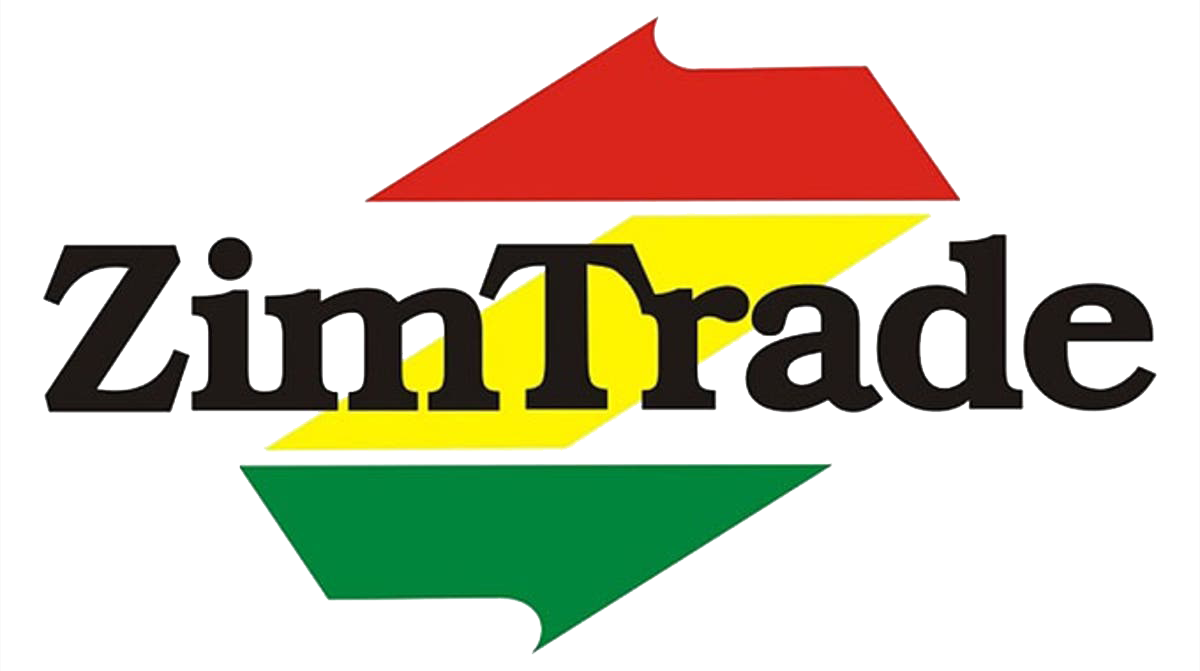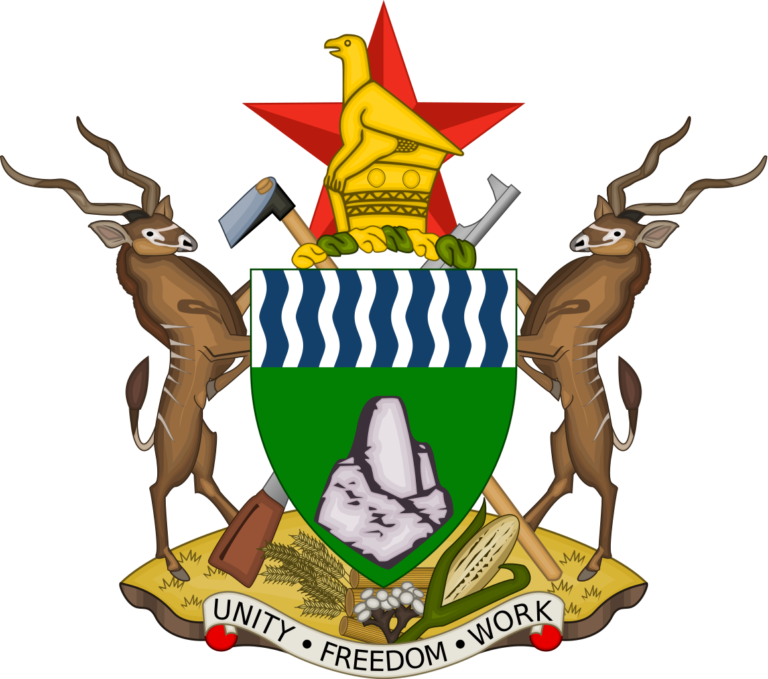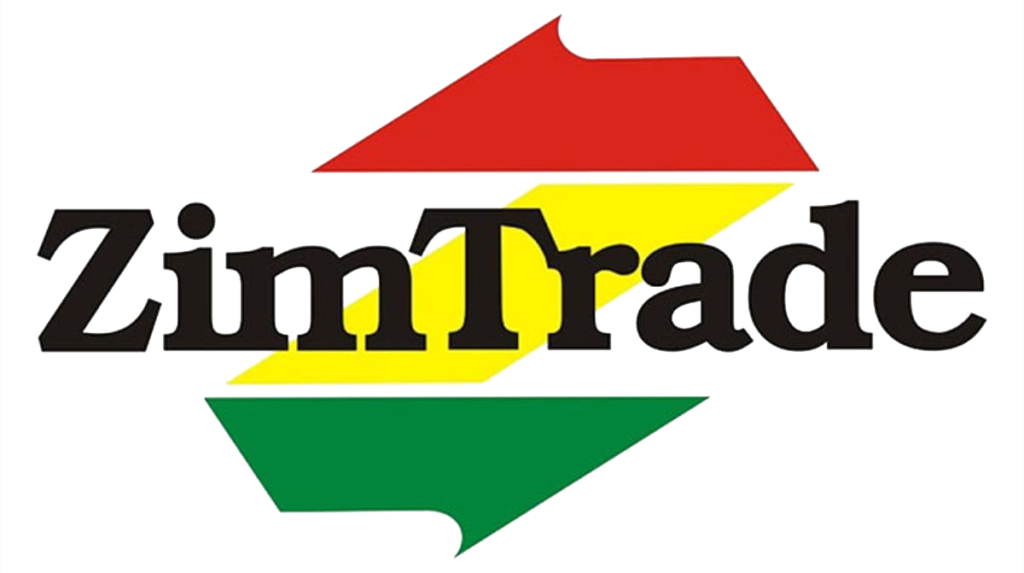The coronavirus pandemic has ushered in a new norm in terms of doing business.
The future of trade is not what we projected it to be, COVID-19 has increased need for nations and organisations to shape the next normal.
With supply chains disrupted across the world, some local businesses will find the current business environment challenging.
This is even worse for those manufacturers who were depending on imports for their production processes.
The impact of this also stretches to decline in demand for various products such as furniture and general clothing in export markets.
The limitations imposed by closure of borders by neighboring countries such as South Africa for any imports, outside other than essential products, has adversely affected Zimbabwe along with other countries in the SADC region.
Based on the unpredictability of this pandemic, it will be a while before countries fully restore global trade of non-essential products, which will have negative implications on local manufacturing companies that import majority of their raw materials.
Most of these raw materials are no longer as accessible as before, indicating an urgent need to develop alternative avenues as sources.
To address the challenges, it is also important is to look beyond the immediate crisis and start to work around the requirements of the new normal.
But what is the new normal?
The new normal should place emphasis on the development and strengthening of local value chains, which in turn will lead to import substitution, particularly of raw materials.
This allows businesses to examine their activities and identify competitive opportunities, such as production at lower costs, thereby offering lower prices to consumers and saving more as a company.
A value chain can optimize operational efforts, reduce waste, and improve profitability.
Across the world, development of local value chains contributes to economic development, particularly through strengthening of local industries and job creation.
Where common problems are recurring, value chains can be used as a diagnostic tool to identify critical issues and blockages for specific groups and subsequently generate robust and effective policies and development strategies.
This will also provide a logical framework to formulate intervention strategies for producers and how to develop capacity.
Further to this, value chains are inherently scalable.
Take for instance the Macadamia Growers Association in Chipinge or the Banana Farmers Association in Honde Valley, the frameworks being utilized can be replicated in other industries to propagate economic development and reduce poverty.
Another example is Delta Corporation Limited, which has been financing small holder farmers over the past few years under the Beverages Sorghum Contract Farming Scheme to increase their capacity to grow an essential product in their sorghum beer value chain.
In 2016 Cairns revived an outgrower scheme that benefited a large number of households in Manicaland and improve local supply of raw materials into their production. The company highlighted that this move was going to reduce production costs by reducing the import bill and make their products more affordable.
Local value chain development will also enable identification of core rents and barriers to entry that determine who benefits from production for diverse final markets.
Given these advantages of developed value chains, it therefore becomes clear that some of the economic challenges Zimbabwe is facing is a result of dysfunctional value chains, which have seen potential revenue leaching out of the country in the form of raw materials.
Zimbabwe is well-endowed with numerous minerals and resources.
Regrettably, most of these are exported raw.
These natural endowments require full processing to obtain maximum as the unconverted raw materials represent less than 10 percent of the value of the processed product.
The real value can then be derived in full processing through value chain development and in some instances enforcing import substitution tactics for local businesses.
For example, the country produces quality trees that can be used for its own paper making as well as timber that can be used to supply the local furniture manufacturing sector.
According to Trade Map, Zimbabwe exported wood and wood charcoal worth US$19.4 million in 2019, up from US$14.6 million in 2018.
During the same time, the country imported paper and paperboard worth US$89.3 million, down from US$116.6 million in 2018.
These statistics indicate that the country is losing money through importation of products made from timber.
This money could have been saved and prioritized for other development projects if the timber value chain was fully developed, from timber extraction to paper production.
Another example is the local leather sector where some shoe manufacturers import their leather from as far as Italy.
The major in sourcing from foreign suppliers they say is that such leather is of high quality and farmers in those countries take good care of the cattle.
In countries such as Italy, India and Singapore that are big in export of raw leather, they have well-coordinated value chain where the cattle farmer, tanneries ad manufacturers work closely to produce the best product.
Unlike the local industry which does not fully utilize the role of the farmer in the leather value chain, in other countries, the farmer is an integral stakeholder in the entire value chain as his output determines the quality of what the entire leather industry produces.
So, if the stakeholders in the local leather value chain can organize themselves, from farmers, tanneries and shoe manufacturer, the potential is high that the country can produce an equally competitive processed leather.
This in turn will result in import substitution, which in turn will save the country the much-needed foreign currency, create jobs and improve the livelihoods of Zimbabweans.
Publish Date: Sunday 24 May 2020



